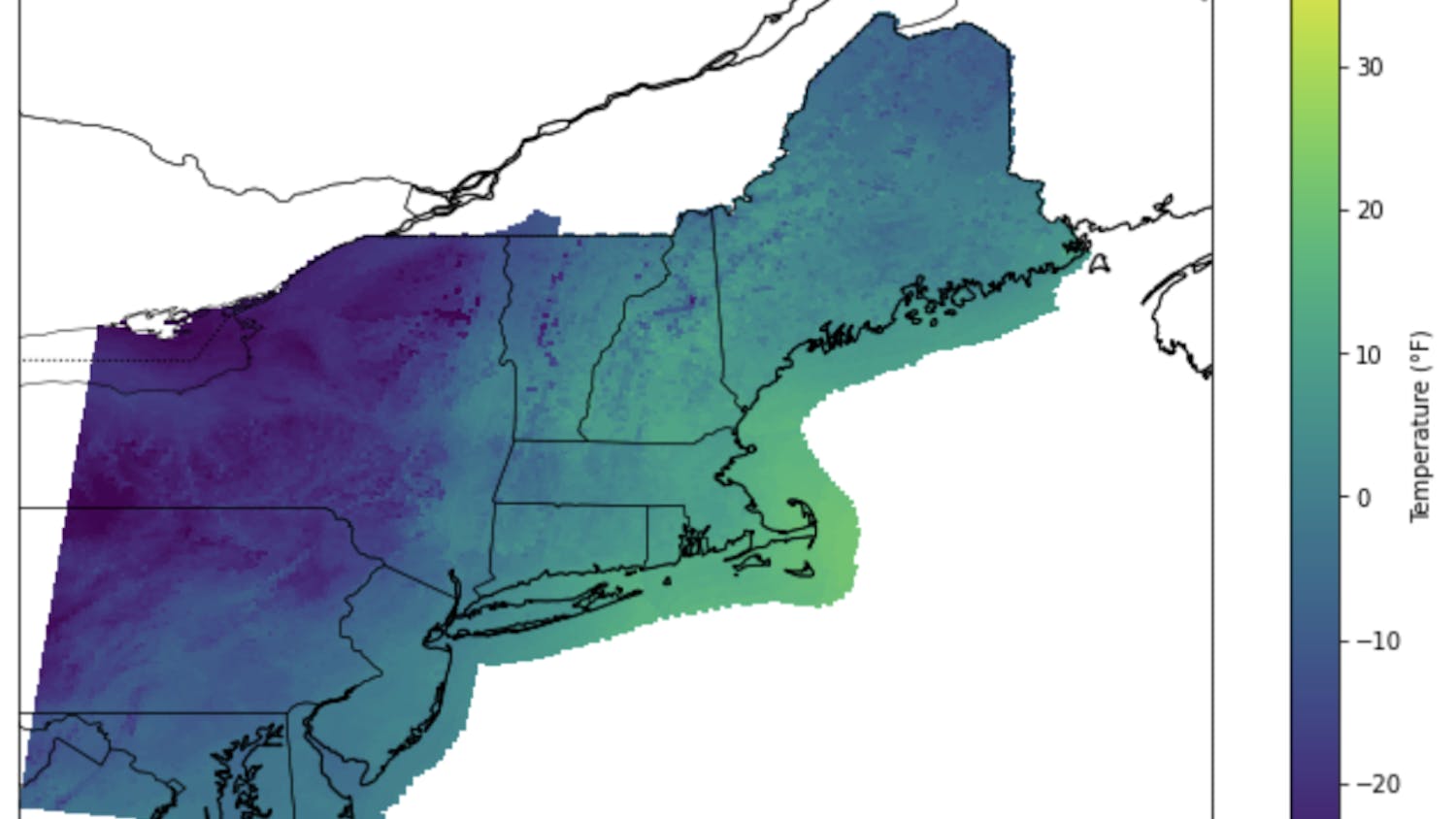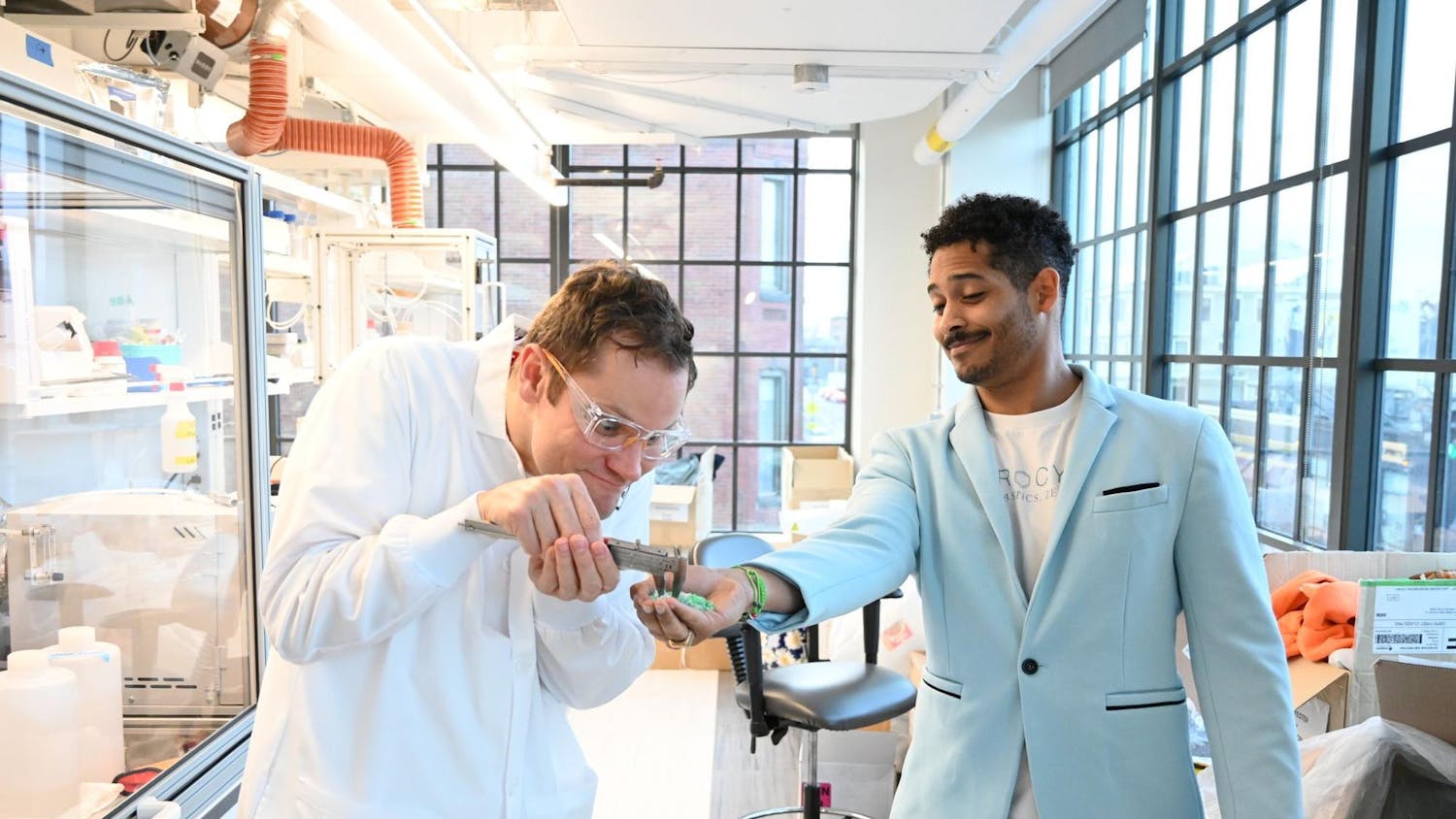When thinking of the leading figures in science, technology and mathematics, many students undoubtedly have one image pop into their minds: old, white men. Bias and exclusion have festered within STEM fields for centuries, perpetuating a system that deprives others of a chance to experience the same levels of success as white males. Prof. Corrie Moreau, entomology and ecology and evolutionary biology, wants to change that. Motivated by the racial justice reckoning spurred by police violence against Black Americans, Moreau took advantage of heightened conversations around anti-racism to fashion a course confronting inequity in STEM. “I’ve been thinking about creating a course like this for a while,” Moreau said. “With the uprising of all the violence by the police against people of color, and the heightened conversations around diversity, equity … inclusion and anti-racism, I just sort of felt like now was the time to … get myself together and offer this course.”
The result was a course offering that filled up within the first half-day of enrollment — Entomology 4040: Diversity, Equity, & Inclusion in STEM: The Science Behind Bias Seminar. Grounded in scientific literature, Moreau centers her course on student-led discussions on the causes of exclusion and bias in STEM, as well as their patterns and solutions. The assigned readings — primarily discussing patterns and consequences of bias in STEM — quantify and critically examine the implications of the inequality that persist in science academia. Each week, students read primary literature about a different type of bias, propose key questions and examine these questions during meaningful conversations in breakout sessions and larger group discussions. Moreau, in her course, explains to students that women, people of color, people with disabilities, and LGBTQ+ people have long been marginalized by the scientific community. “Especially in STEM … we live in a white male-dominated culture,” Moreau said. “There’s this idea of exclusion because you weren’t invited to the table in the first place. But it’s also devaluing contributions that may not come from the same perspective [that] has been the norm in STEM fields.” Moreau said that these disparities continue to persist in STEM partially due to implicit bias from the white males who tend to hold positions of power. “We’ve only [now], as a culture, begun talking about the fact that we can have these biases that heavily influence our decision-making,” Moreau said. Another source of exclusion is that people interested in joining a STEM field may face discouragement and barriers to entry, according to Moreau. Even if individuals overcome these initial hurdles, Moreau said that they can experience bias in the form of microaggressions as well as lowered chances of receiving prestigious awards. The consequences of such bias can be witnessed in the attrition of underrepresented communities as they rise toward higher levels of academia in STEM fields. “As we watch that progression from … undergraduates, to graduate students to postdocs to...full [professors], we’re seeing leaks in that pipeline,” Moreau said. “We’re having large numbers of women and people of color, and other … marginalized communities dropping off at every step.” However, exclusion comes at the detriment of meaningful progress in STEM, Moreau said. Some of the course material demonstrates that incorporating diversity into academia can lead to higher-impact publications and more effective problem solving. Moreau is grateful for the enthusiastic reception of her course, which was capped at 35 students. By the end of the semester, Moreau hopes to impart students with actionable solutions to erase the bias entrenched within STEM fields. At the institutional level, one such solution is that individuals must acknowledge their privilege and actively work against their implicit biases when making decisions to allow for substantive progress toward diversity and inclusion, according to Moreau. But Moreau said that at the individual level, the most effective way to promote change is through education. “You really have to work hard to be anti-racist … and anti-biased of any kind,” Moreau said. “You need to become knowledgeable of the issues, and you have to do that work yourself. Don’t rely on the marginalized communities to educate you.”Excited that the seminar class I proposed to teach at @Cornell along w/ @Drea_Drby & @acdemery titled "Diversity, Equity, & Inclusion in STEM: The Science Behind Bias" was accepted for the fall! It will be remote/online, but I look forward to future years we can be in person.
— Dr. Corrie Moreau (@CorrieMoreau) August 5, 2020











